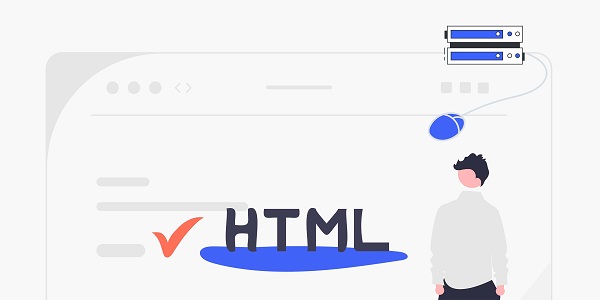Download for your Windows

Explore the causes of the 499 status code and its relationship with proxy IP services. IP2world provides products such as dynamic residential proxies to help solve network connection problems and improve business stability.
What is the 499 Status Code?
The 499 status code is a non-standard HTTP status code recorded by the server after the client actively closes the connection when the request is not completed. It is commonly seen in server logs such as Nginx. This status code usually means that a link in the communication link (such as network fluctuations, proxy configuration) caused the request to be interrupted. For network services that rely on proxy IPs, the 499 status code may expose the stability defects of the proxy service. IP2world's proxy IP products can effectively reduce the probability of such anomalies by optimizing the connection link.
Why might a proxy IP service trigger a 499 status code?
In network requests, the proxy server acts as an intermediate node, and its performance and configuration directly affect the communication efficiency between the client and the target server. If the proxy IP response delay is too high or the connection pool resources are insufficient, the client may actively disconnect the request due to timeout, triggering a 499 status code. For example, low-quality dynamic proxy IPs may increase connection instability due to frequent node changes; static ISP proxies can significantly reduce such problems through fixed IPs and dedicated bandwidth.
How to reduce 499 status codes through proxy IP optimization?
Choosing the right proxy type for your business scenario is key. For crawlers or data collection tasks that require high anonymity and stability, exclusive data center proxies provide exclusive IP resources to avoid the risk of shared IP congestion; S5 proxies support flexible authentication mechanisms to ensure link security. IP2world's unlimited server solution further allows users to dynamically expand resources based on traffic demand, reducing the possibility of connection interruptions from the root.
How does proxy IP technology cope with complex network environments?
In the modern network environment, factors such as firewalls, anti-crawling mechanisms, and geographical restrictions may exacerbate connection anomalies. Dynamic residential proxies can bypass some anti-crawling strategies by simulating real user IP behaviors, reducing 499 status codes caused by intercepted requests; static ISP proxies rely on carrier-level IP reputation to increase the success rate of API interface calls. IP2world combines intelligent routing algorithms to optimize proxy node selection in real time to ensure the shortest path and lowest latency for request links.
What kind of proxy IP services will future network businesses need?
With the popularity of real-time interactive applications and IoT devices, the demand for concurrent network requests and response speed continues to grow. Proxy services need to balance high performance and intelligence, such as predicting network fluctuations through machine learning and switching nodes in advance, or providing fine-grained traffic monitoring tools to help users locate problems. IP2world's proxy IP products already support API integration and customized configuration. Users can flexibly adjust parameters according to business needs to achieve active defense against connection anomalies.
As a professional proxy IP service provider, IP2world provides a variety of high-quality proxy IP products, including dynamic residential proxy, static ISP proxy, exclusive data center proxy, S5 proxy and unlimited servers, suitable for a variety of application scenarios. If you are looking for a reliable proxy IP service, welcome to visit IP2world official website for more details.